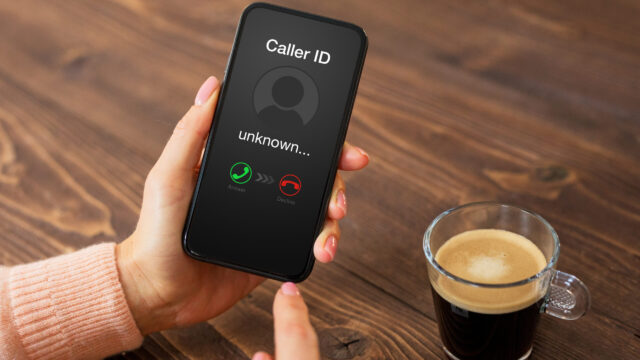In a First, FCC Disconnects Provider for Failure to Block Robocalls
May 13, 2023

On May 11, the Federal Communications Commission cut off a gateway provider from other networks for failing to comply with the FCC’s call blocking rules and failing to respond the Enforcement Bureau’s Notification of Suspected Illegal Traffic and Initial Determination Order. This is the first time the FCC has exercised this authority.
A phone call often passes through multiple providers in connecting the caller to the called party; a gateway provider is located in the call path directly between a foreign provider and the American phone network, serving as the gateway for call traffic entering the United States. Call blocking rules require gateway providers to block illegal traffic when notified by the Commission, with limited exceptions. In this instance, the suspected traffic contained bank impersonation claims, including claims of “preauthorized orders” placed in the phone subscriber’s name.
As EPIC and NCLC explained in a June 2022 Report, individual enforcement actions from the FCC are important but ultimately fall far short of the systemic action needed to stem the tide of illegal robocalls. Systemic reform should include: a requirement that all providers proactively mitigate illegal robocalls (not merely gateway providers, upon notice from the FCC), clear financial consequences for providers who knew or should have known they were transmitting illegal robocalls, and publication of the call paths transmitting scam traffic (traceback request information), to increase accountability for providers who transmit scam traffic.
EPIC routinely participates in regulatory and legislative processes concerning robocalls and files amicus briefs in robocall cases.

Support Our Work
EPIC's work is funded by the support of individuals like you, who allow us to continue to protect privacy, open government, and democratic values in the information age.
Donate